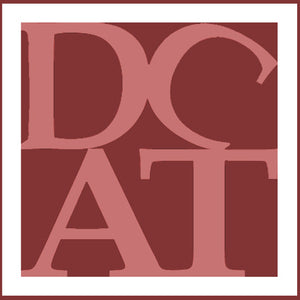
The Development Center for Appropriate Technology in Tucson, Arizona
The Development Center for Appropriate Technology works to enhance the health of the planet and our communities by promoting a shift to sustainable construction and development through leadership, strategic relationships, and education.
The Problem
Many of the most sustainable and/or affordable building materials such as strawbale, cob, adobe, and rammed earth, or systems such as greywater, rainwater harvesting, and composting toilets, or designs such as tiny houses have been difficult and sometimes impossible to get permitted. As well, many conventional building materials have significant environmental impacts or contain toxic chemicals that pose human and ecological health hazards.
Gaining acceptance for these alternatives typically requires educating the building codes and standards community at both the local/regional and national levels about the viability and advantages of the alternatives. Often, these alternatives also need additional technical support and information, sometimes requiring research and testing and additional development to meet the requirements in regulations. This can involve bringing together advocates and practitioners, technical experts, and members of the design, building, and regulatory communities to address concerns and develop pathways for approval. This work can take years to be successful and there is a rarely an industry or large organized group to provide funding to support all the work needed to succeed.
The Solution
DCAT's work involves a wide range of activities in support of legalizing more sustainable alternatives and where possible, helping develop building codes and standards and other policies that make them available to anyone who wants to use them. This includes working with proponents, researchers, testing agencies, attending and speaking at meetings, conferences and code hearings, networking, and helping write and gain approval for codes, standards and policies that open the door to wider, appropriate use.
Our work over the years has supported the acceptance of many things now included in many codes and standards, such as greywater and rainwater harvesting systems, and waterless urinals. The current US national code for housing, the 2018 International Residential Code has three appendices that we helped develop and get approved: Appendix Q: Tiny Houses, Appendix R: Light Straw-clay Construction, and Appendix S: Strawbale Construction. We are working now with a broad group of proponents and practitioners on the basis for acceptance for other earthen building materials including cob construction.
DCAT has also worked and continues to work with Native American tribes to help develop building codes and standards that meet their needs and are culturally and otherwise appropriate. We helped US EPA develop their tribal green building and codes website, a toolkit, and have provided technical assistance to tribes around the US. We also work with students, researchers, universities, building owners and communities, as well as regulatory and government agencies to support more resilient, sustainable and affordable building and development.
Stage of Development
- Early Stage
- Established Prototype
- Scaling
- Other
Organization to Receive Funds
The Development Center for Appropriate Technology in Tucson, Arizona






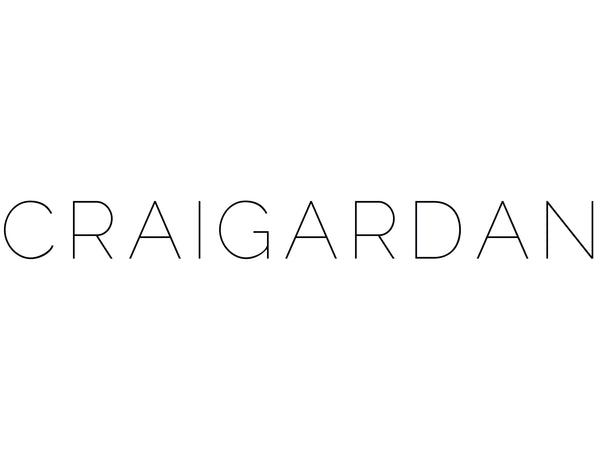
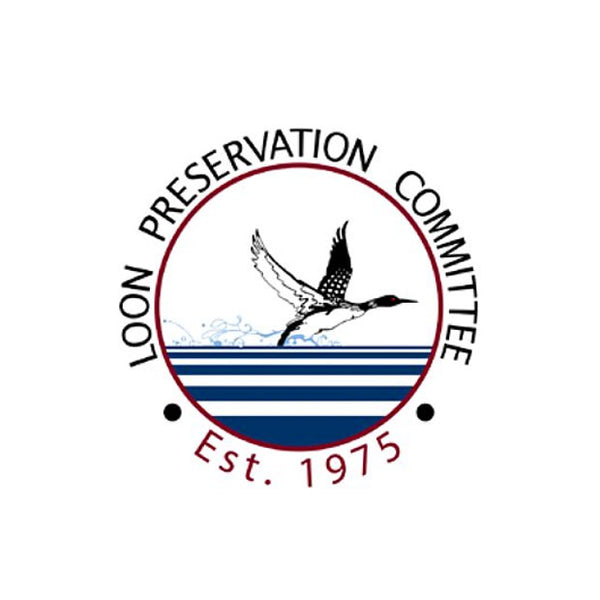
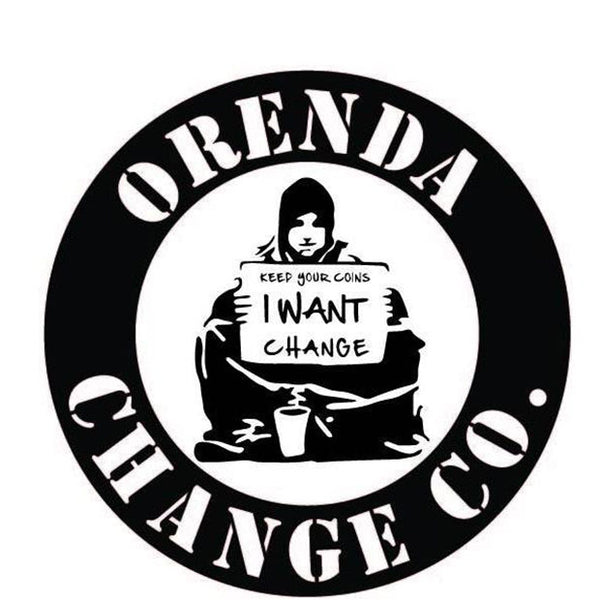
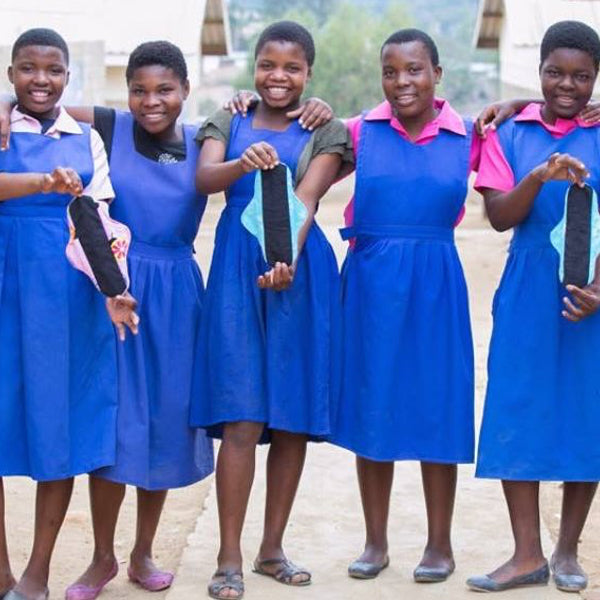
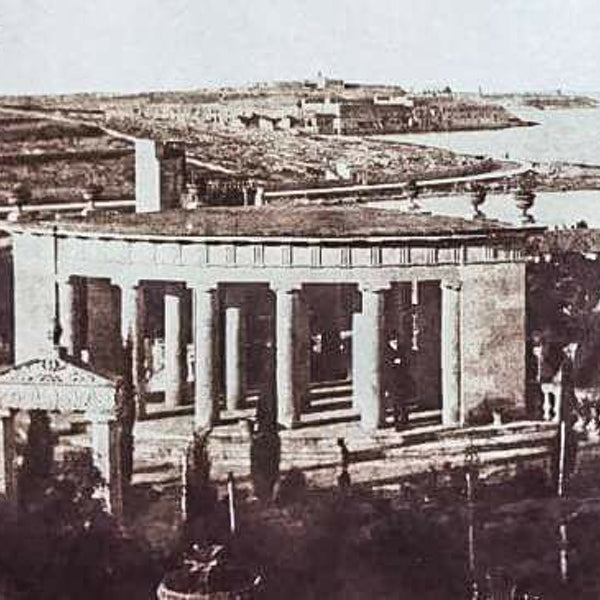
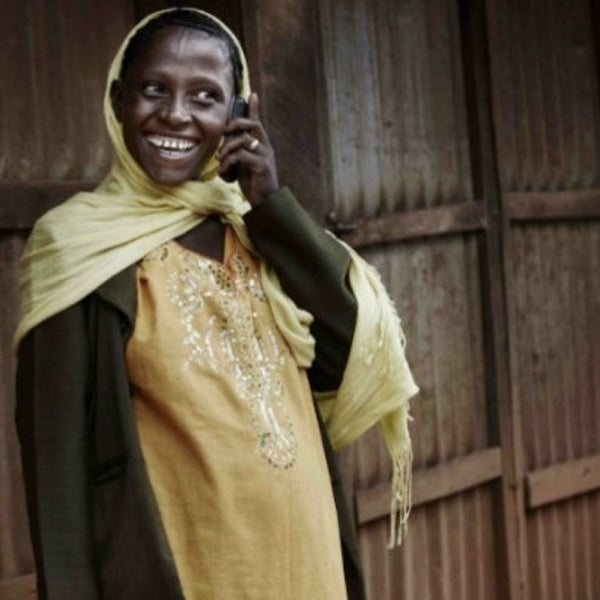
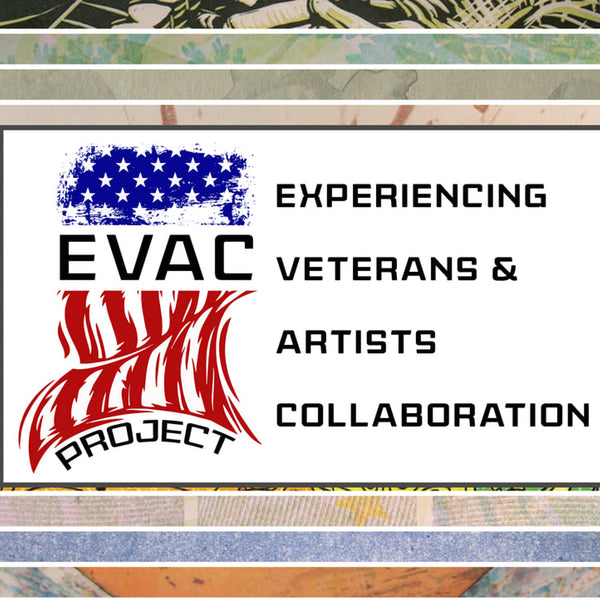
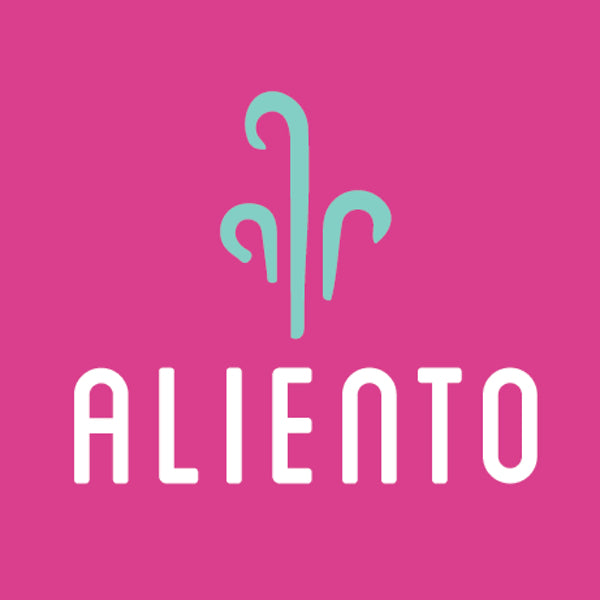

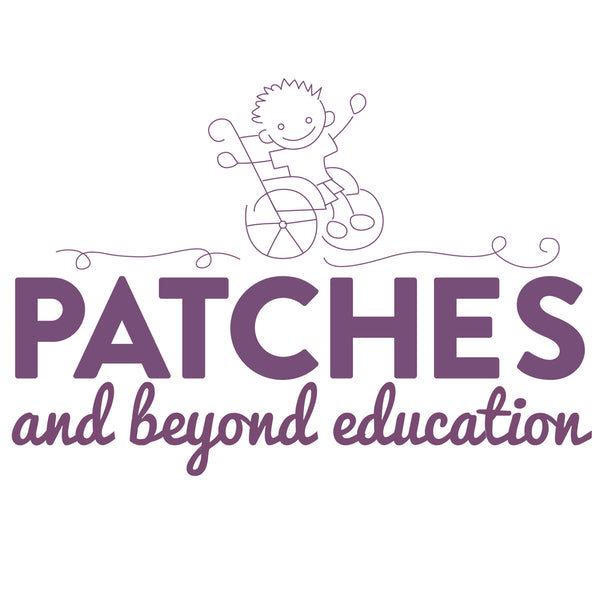
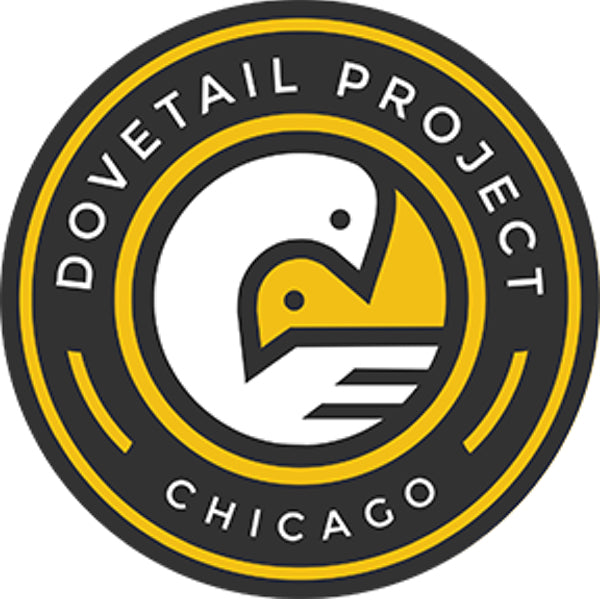
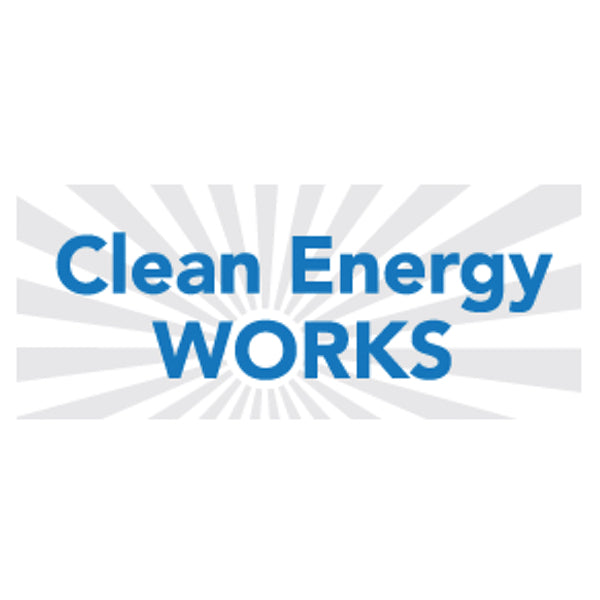
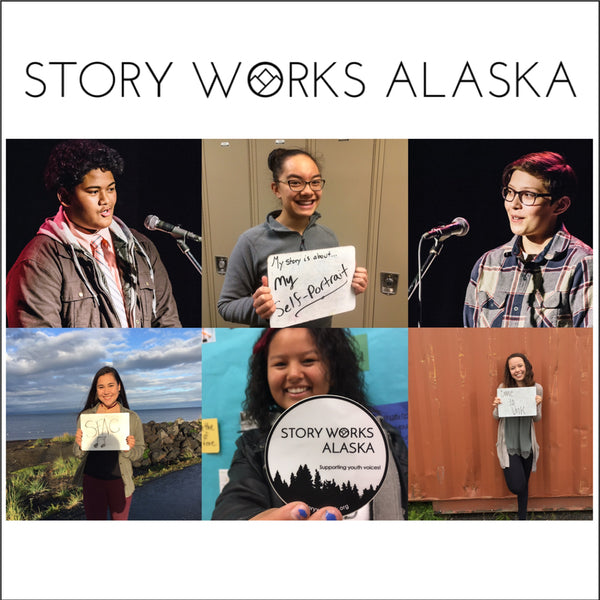
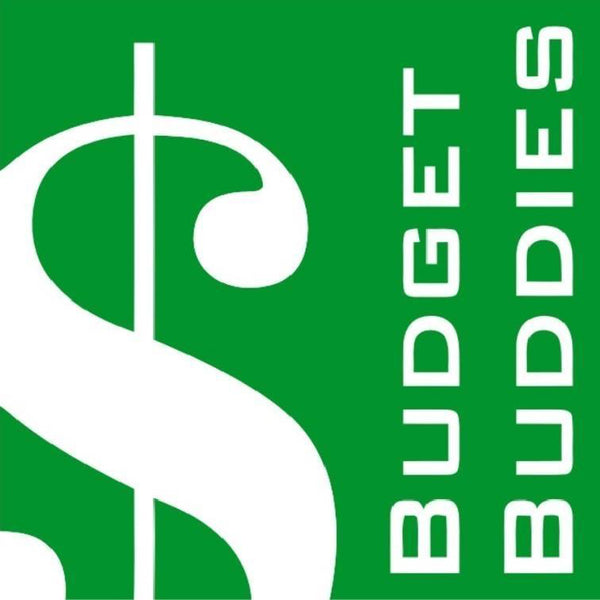
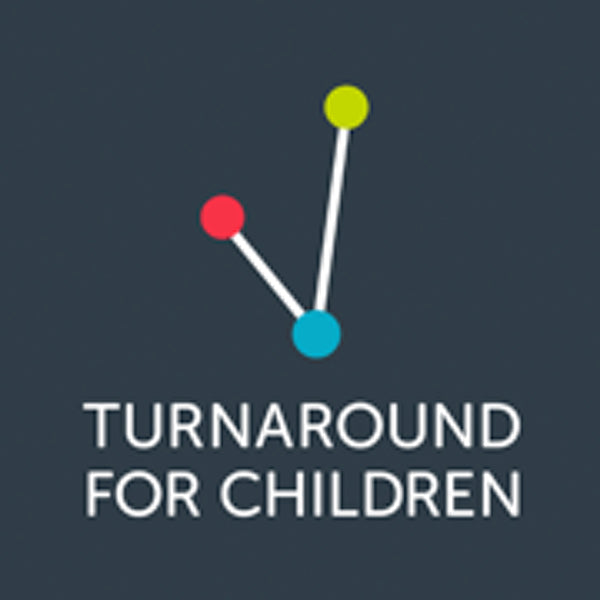
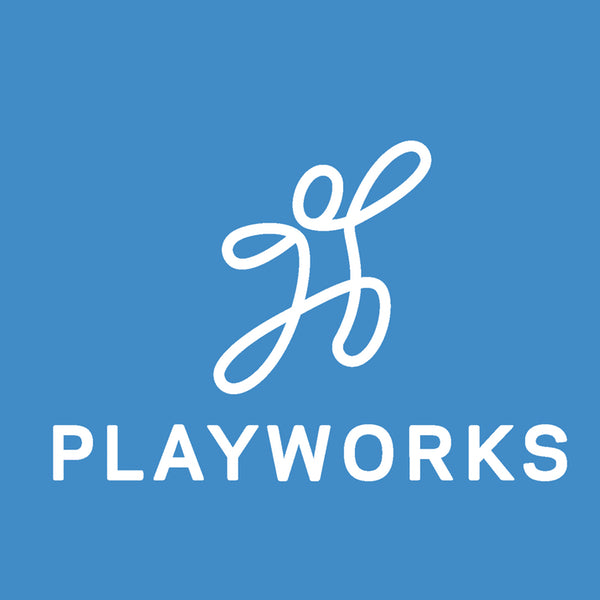
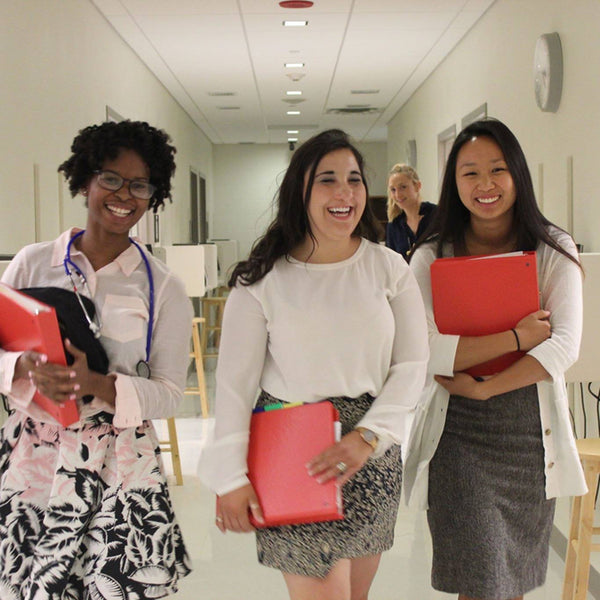
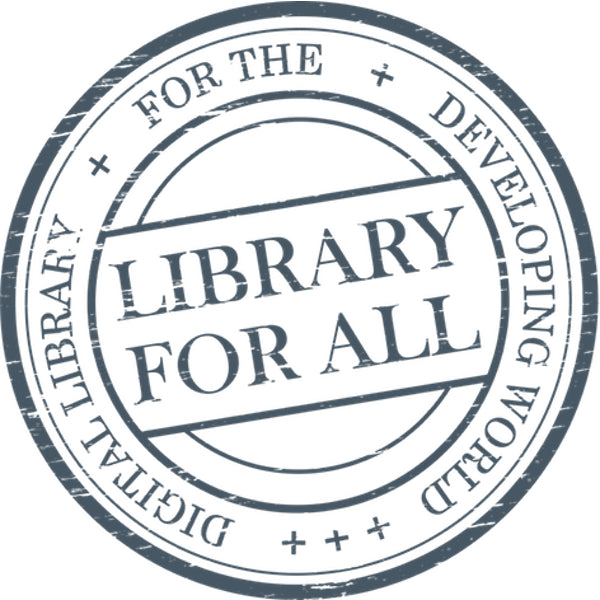
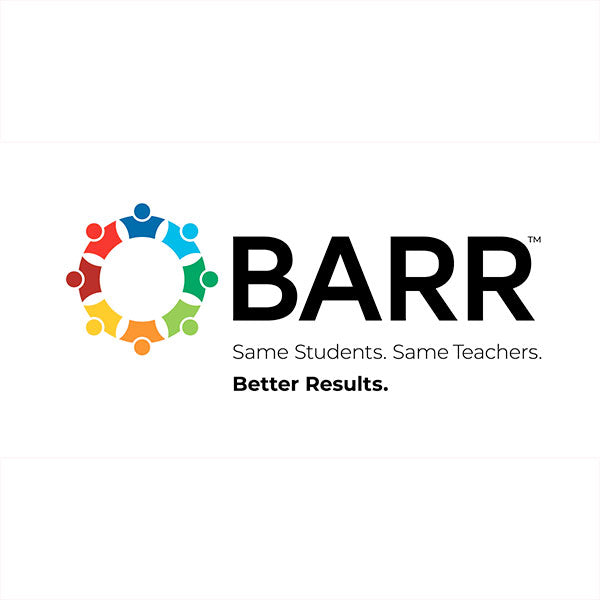
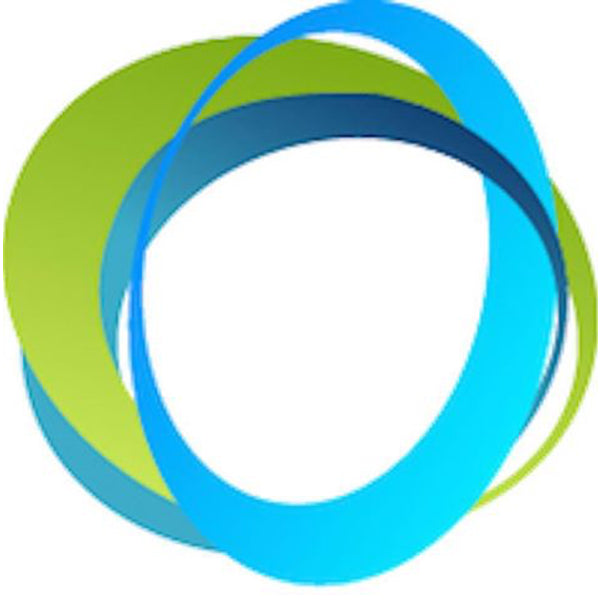
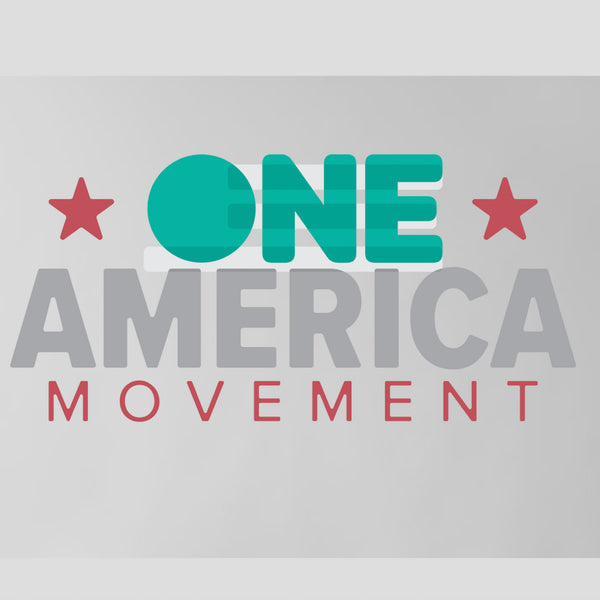

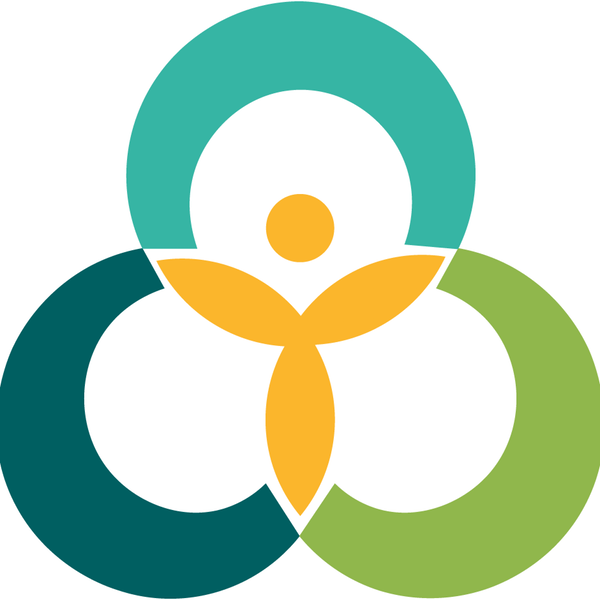
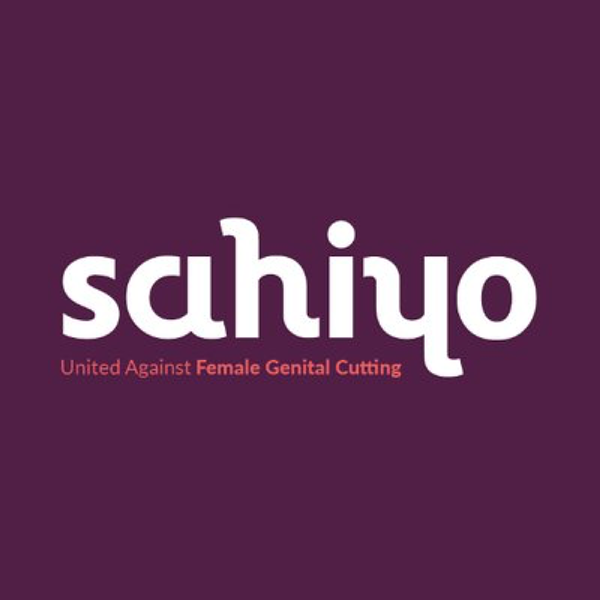
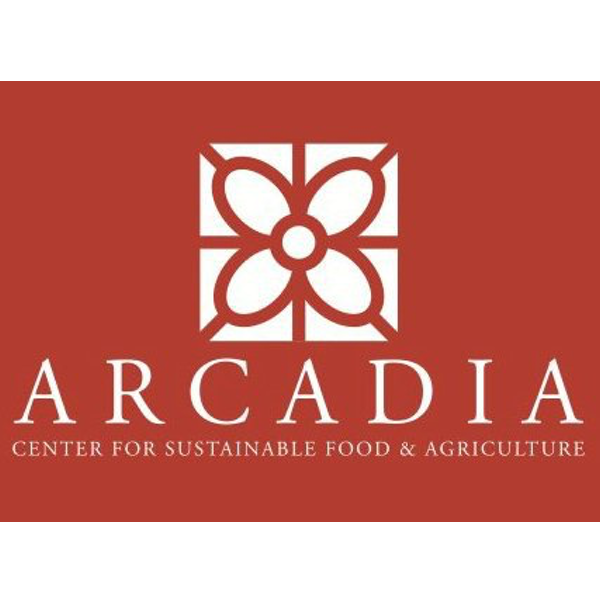
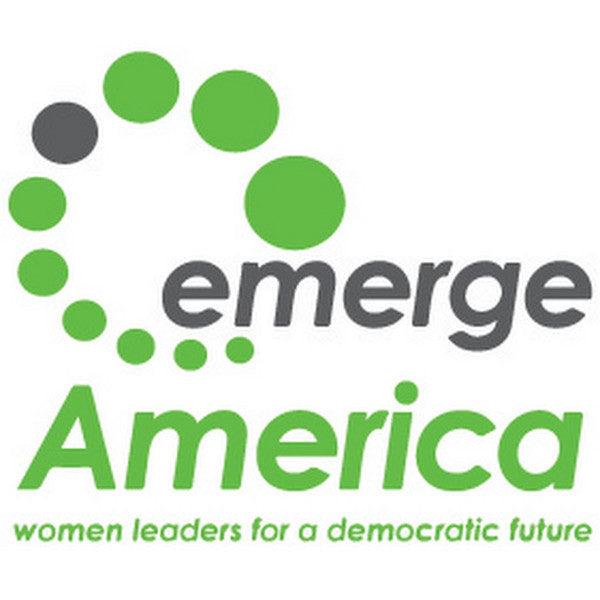
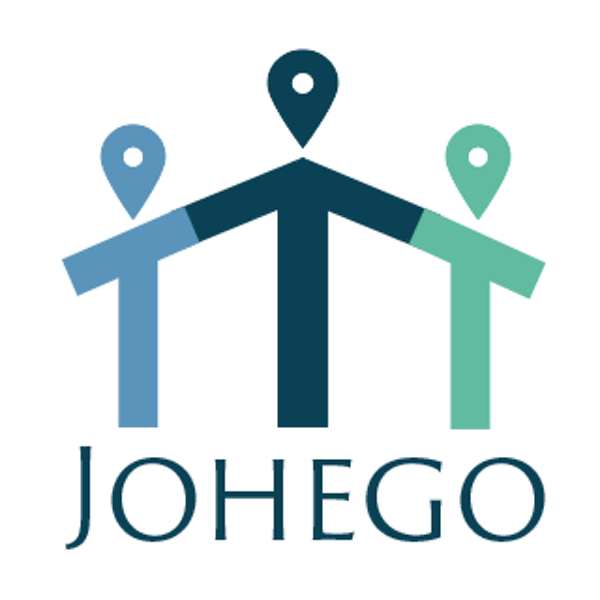
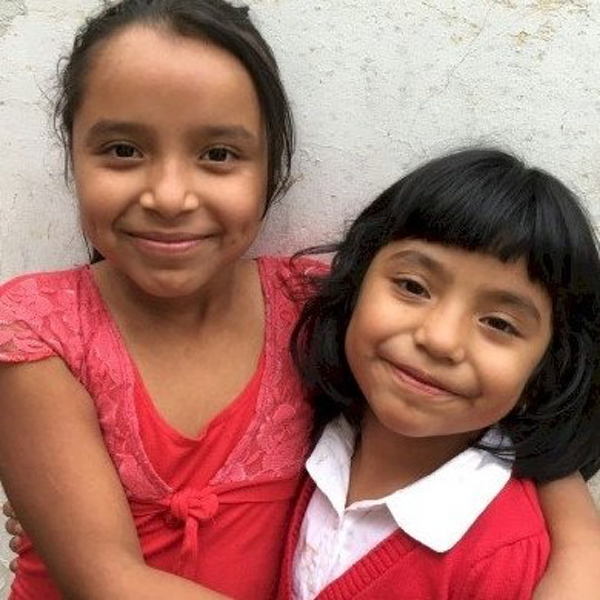
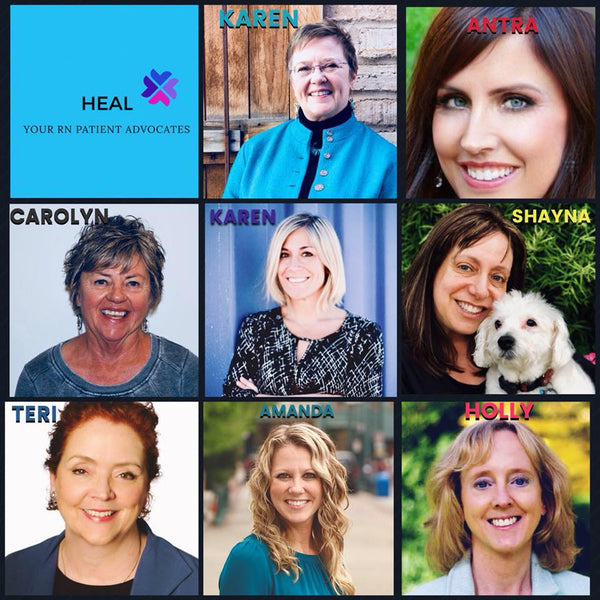
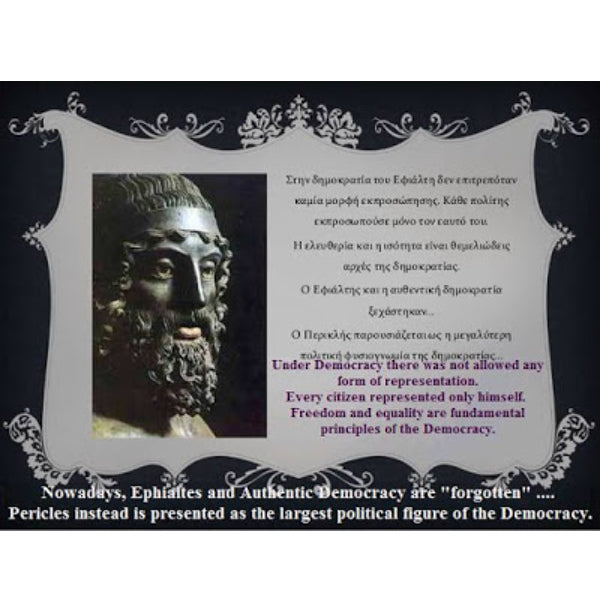
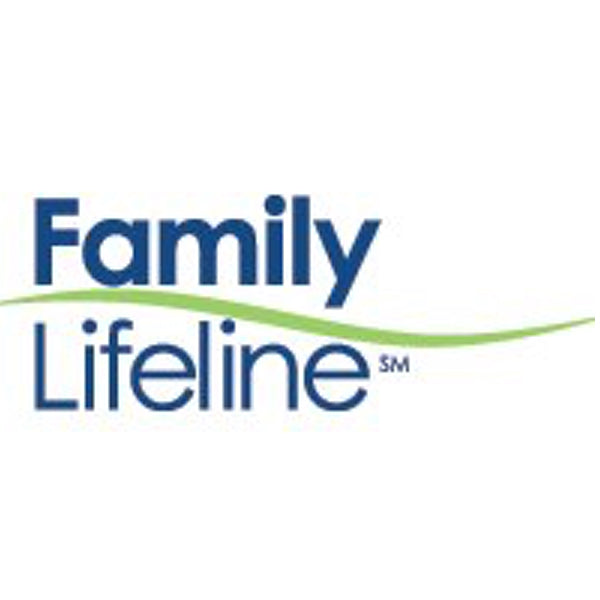

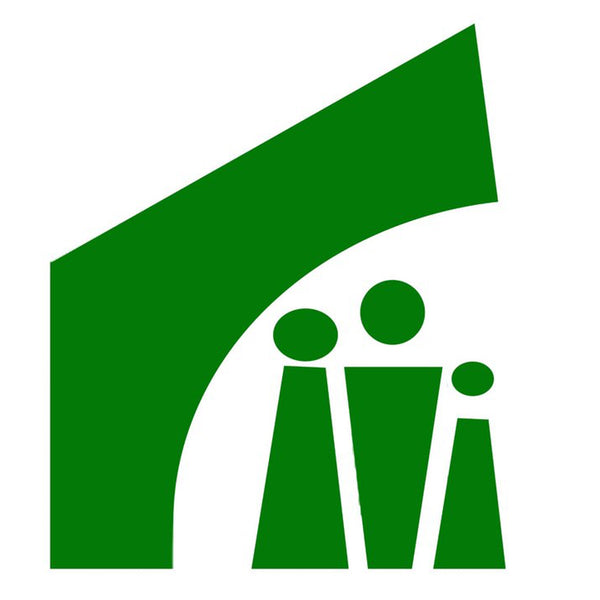
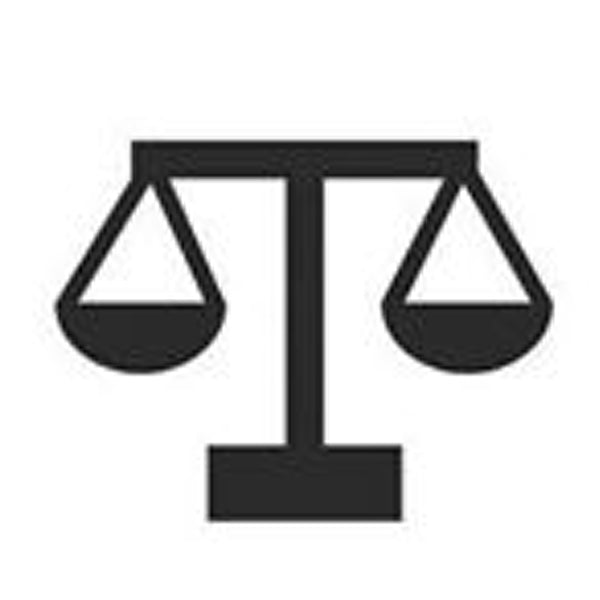
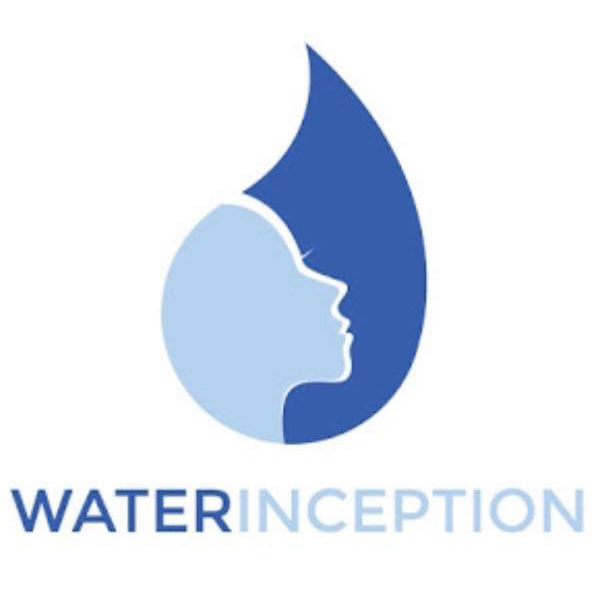
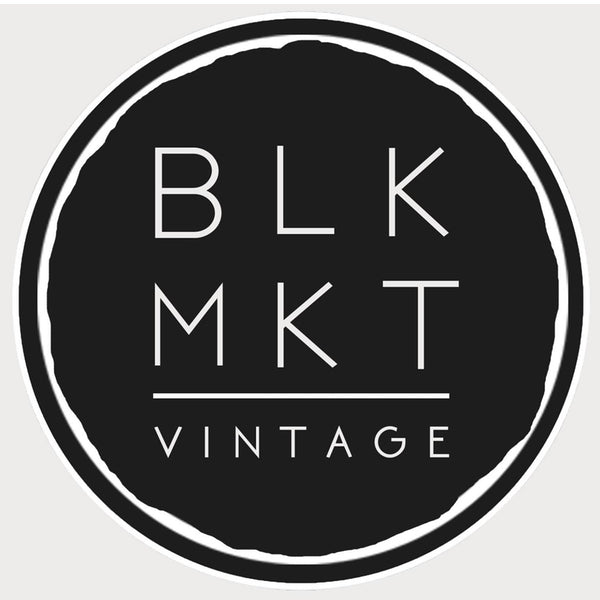

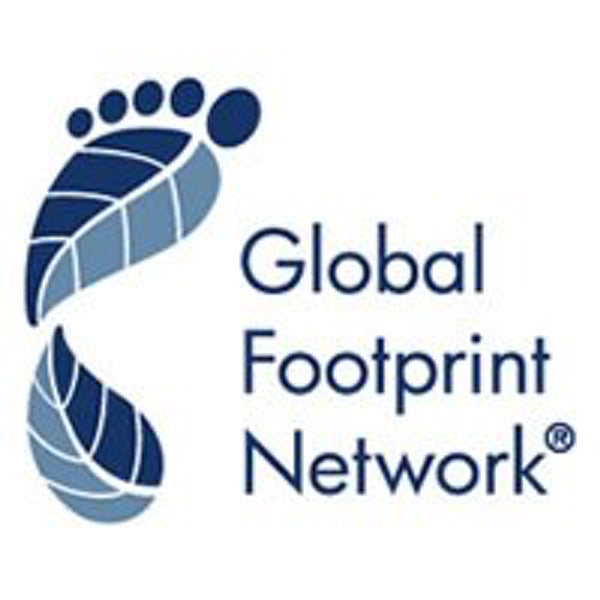
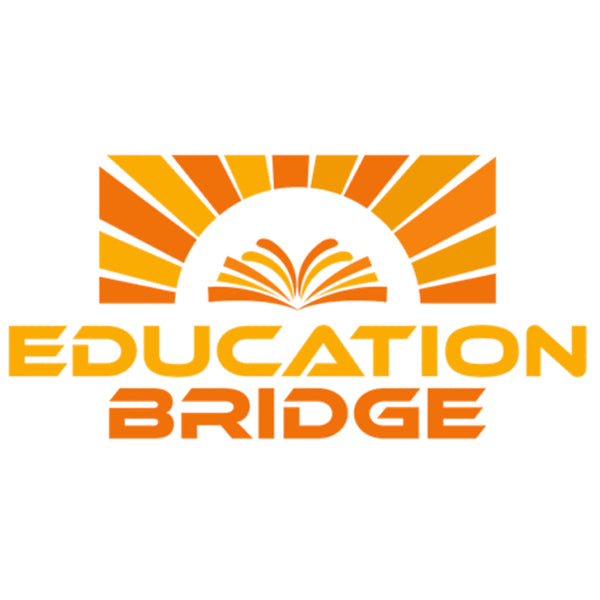
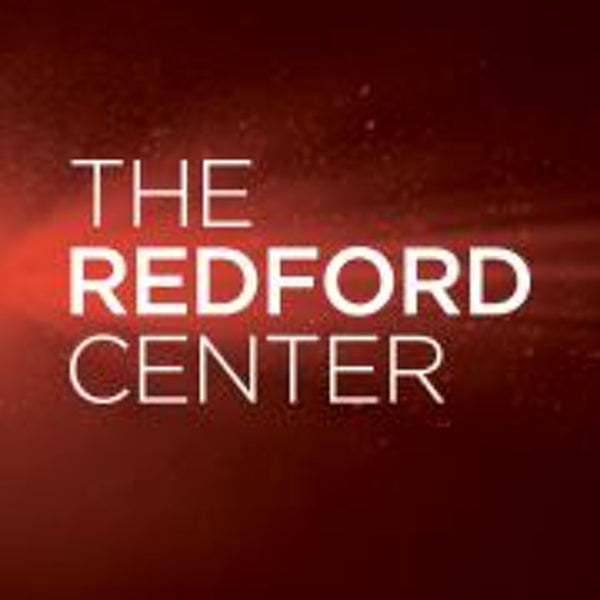
Join The Discussion